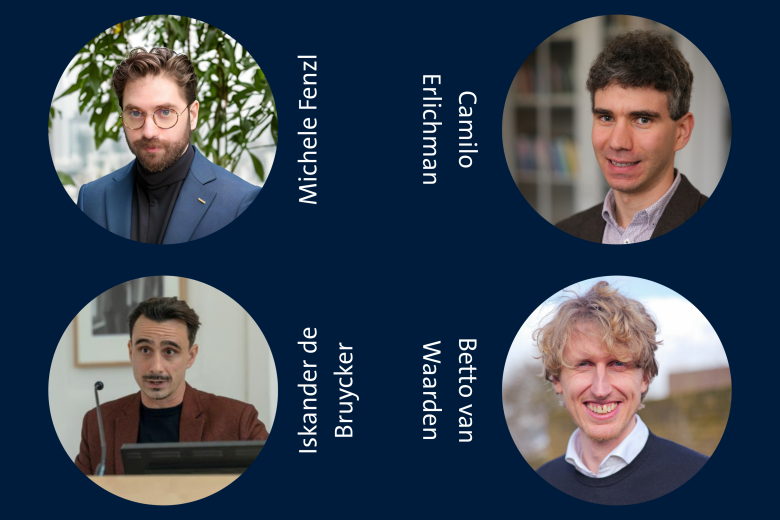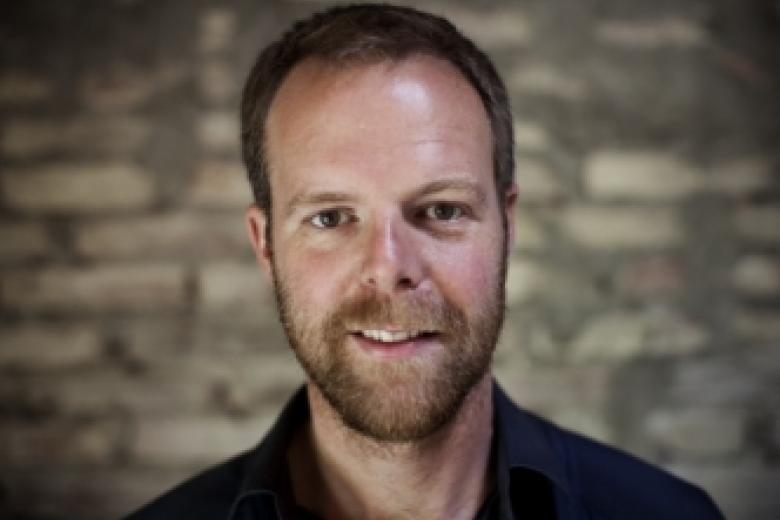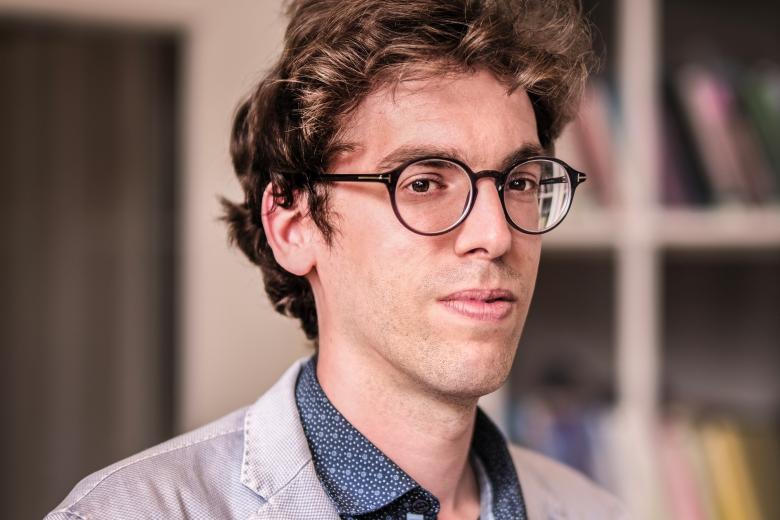Four FASoS researchers awarded prestigious NWO Veni grants
We are proud to announce that Simone Schleper, Flora Lysen, Laura Ogden, and Mirko Heinzel have each been awarded a Veni grant by the Dutch Research Council (NWO).
Each researcher will receive €320,000 to conduct independent research over the next three years. The Veni grant is part of the NWO Talent Programme, which supports promising researchers who have recently obtained their PhD and whose innovative ideas show great potential to make significant academic and societal contributions.
The awarded projects:
Simone Schleper
Project: Between field and fora: Non-Western gatekeepers in international environmental policymaking (1960s–1980s)
This project explores how conservationists from Asia, Latin America, Africa, and Eastern Europe acted as key intermediaries between local communities and international organizations like the UN. By studying their often-overlooked roles, the project contributes to both historical understanding and current discussions on integrating indigenous knowledge into environmental policy.
Flora Lysen
Project: Hocus focus: how ideas about attention were shaped in applied psychology laboratories and in public discussions about vulnerable viewers and hypnotizing screens (1950–1970)
This research investigates how psychological concepts of attention developed alongside new media in the mid-20th century Netherlands. It will explore how applied psychology shaped public debates about media influence—issues still highly relevant in today’s digital landscape.
Laura Ogden
Project: Transnational Siblings’ Kinship between Africa and Europe: Imagining the Future Together, Apart
Focusing on youth in transnational families, this project examines sibling relationships across borders—in particular between Cape Verde, Portugal, and the Netherlands. Using multi-sited audio-visual ethnography, it will explore how young people navigate kinship and imagine their futures together, even when physically apart.
Mirko Heinzel
Project: Designing Development Projects More Effectively
While aid effectiveness is often linked to conditions in recipient countries, this project shifts the focus to how donor countries design aid projects. By developing a new framework and combining large-scale data analysis with interviews and survey experiments, this research aims to improve development outcomes through smarter project design.
Mirko's project is embedded within the faculty’s broader research programme Europe, Society and Politics in a Global Order (ESPO), which brings together interdisciplinary perspectives to explore the political, social, and cultural transformations shaping Europe and its place in the world. Simone and Laura’s project is part of Globalisation, Transnationalism, and Development (GTD), while Flora’s project is embedded within Maastricht University Science, Technology and Society Studies (MUSTS).
Also read
-
Four FASoS researchers awarded NWO XS grants
How do lobbyists use disinformation to sway policymakers? Who gets to shape the historical narrative of occupation and violence? Does growing inequality change the way citizens think about politics? And how have politicians defended “truth” across a century of media revolutions?
-
Christian Ernsten awarded funding for project on recurating colonial-era collections
UnRest focuses on the historically significant yet deeply contested archives and artworks associated with Robert Jacob Gordon (1743–1795) – a Dutch military officer and explorer whose documentation of the Cape region shaped European knowledge of South Africa during the 18th century
-
Massimiliano Simons awarded funding for innovative art–science project on hybrid plants
"Entangled Genes: Sharpening the Public Debate on Hybrid Plants” is a new artistic research project that aims to deepen societal reflection on genetically modified plants.